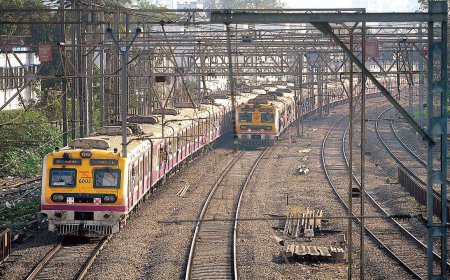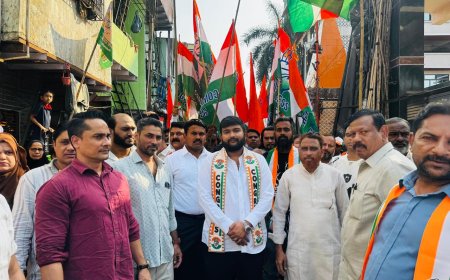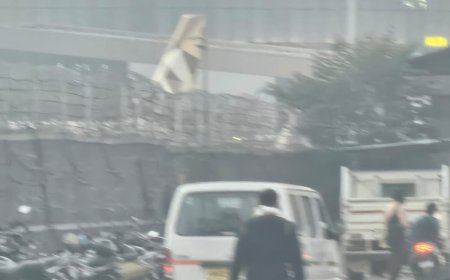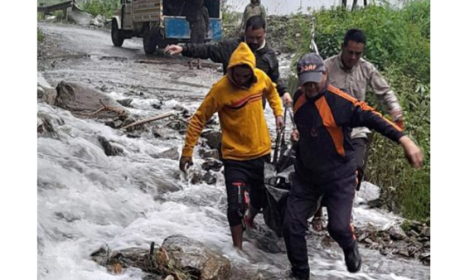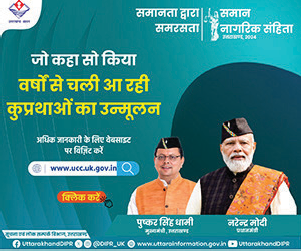New Delhi:In a significant legal development, the Supreme Court of India today strongly condemned the practice of 'bulldozer justice', where properties are demolished on the grounds that they belong to individuals accused or convicted of crimes. The court has proposed the formulation of nationwide guidelines to regulate such demolitions and ensure due process.
The bench, comprising Justice BR Gavai and Justice KV Viswanathan, voiced serious concerns over the demolition of properties based solely on an individual's criminal status. Senior Advocate Dushyant Dave, representing the petitioner, argued that demolishing a home because it belongs to an accused or convict is a grave miscarriage of justice.
Solicitor General of India Tushar Mehta countered by asserting that demolitions should only occur if the property in question is illegal under municipal laws. He added that the issue is being misrepresented, stressing that demolitions based solely on criminal accusations are not permissible.
Justice Gavai questioned the rationale behind demolitions tied to criminal cases, emphasizing, "How can a house be demolished just because it belongs to someone accused or convicted? There needs to be a clear procedure." He underscored the necessity for comprehensive guidelines to prevent arbitrary demolitions.
Justice Viswanathan further advocated for procedural safeguards, suggesting that notices should be issued, and time should be provided for legal remedies before any demolition takes place. He clarified that the court does not support illegal constructions but insists on a structured approach to demolitions.
The bench highlighted several troubling instances, including the demolition of properties in Jahangirpuri, Delhi, and Udaipur, Rajasthan, where homes were razed due to the criminal activities of tenants or family members. Justice Viswanathan remarked, "Demolishing a home because of a family member's actions is not just."
Senior Advocates Dave and CU Singh illustrated their concerns with specific cases, arguing that demolitions had affected properties unrelated to the accused's alleged crimes. The court noted the problematic nature of such actions and the need for well-defined guidelines.
The Supreme Court has scheduled a follow-up hearing on September 17, inviting suggestions for addressing this issue. Justice Gavai appreciated the Uttar Pradesh government's stance, which states that demolitions must follow legal procedures, and expressed the court's intent to establish pan-India guidelines to safeguard against unjust practices.
Today's proceedings were marked by a heated exchange between Solicitor General Mehta and Advocate Dave, reflecting the intensity of the debate. The courtroom witnessed a brief clash over the conduct of the arguments, with Justice Gavai urging both parties to maintain decorum.
The issue of 'bulldozer justice' has garnered widespread criticism for its perceived disregard for legal due process and fairness. Critics argue that punishing entire families for the actions of one individual undermines the principles of justice and equity.
As the Supreme Court prepares to delve deeper into this matter, the establishment of clear and fair guidelines for property demolitions is anticipated to have a profound impact on legal and administrative practices across the country.



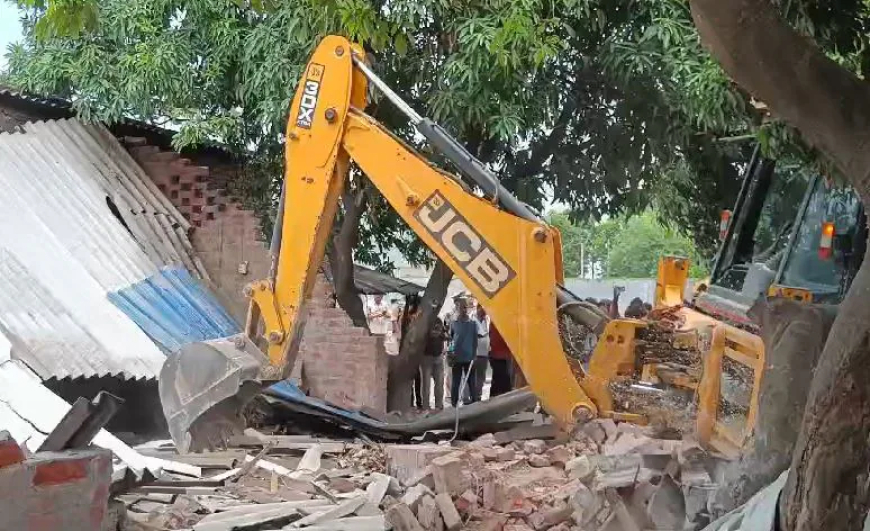
 Previous
Article
Previous
Article

